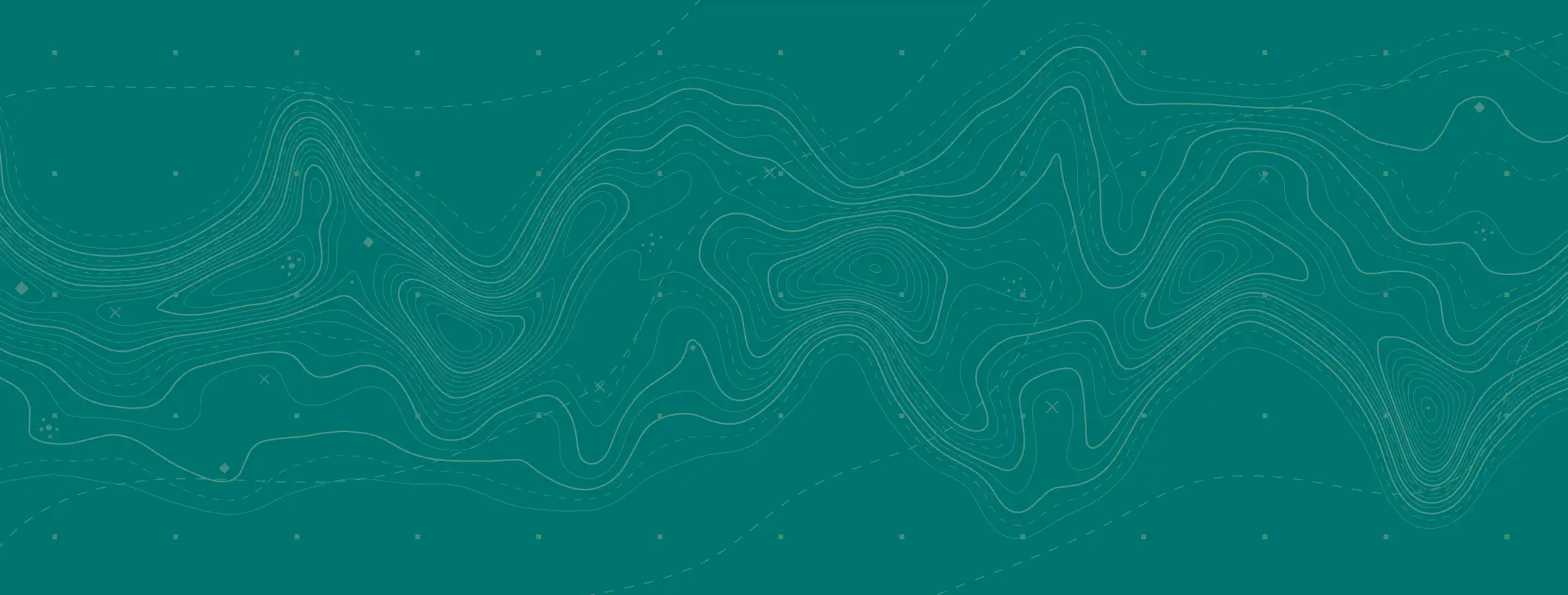Student Spotlights – 2022
Student Spotlights – 2022
Megan Porter is a senior at UT where she is pursuing degrees in geography and sustainability. Her studies and research focus on climate change and human—environment relationships, specifically as it applies to vulnerability and community resilience building to natural hazards.
Megan is a first-generation college student whose journey to UT was first made possible by the outreach of the UT Math and Science Center Upward Bound program, which provides academic development and summer research opportunities for socio-economically disadvantaged students. Within her first semester, Megan declared her major as a geography student while in the introductory course on weather and climate change. Having always been interested in severe weather hazards, the course illuminated the possibilities for making this a life-long passion and career.
She soon began working with Kelsey Ellis, assistant professor of geography, on a VORTEX-SE project where she first began to learn of the unique climatology and societal risks that nocturnal tornadoes pose in the Southeast. Supported and continually challenged by her peers and professors, Megan began to thrive in an academic environment where she could utilize diverse toolsets and perspectives to address community vulnerabilities. In April 2020, Megan was accepted into the NOAA Ernest F. Hollings program, a prestigious two-year scholarship and internship program.
“The opportunity empowered me to continue studying community risks to climate change and building community resilience through outreach and data-driven citizen science,” Megan said.
She now is making plans to obtain a Master of Science and become further involved in hazard-preparedness outreach and community resilience building at multiple scales within the Southeast. Megan has served for two years as the Alliance of Geographers and Sustainers co-president where she works alongside peer, Maya Rao, to plan undergraduate social and service events within the department and community.
Megan is proud to be an East Tennessean and Volunteer. Her journey exemplifies the importance of promoting educating and academic development to those historically absent from pathways to higher education and research. She is especially thankful to the faculty, staff, and friends she’s made within the geography department who supported her and paved the way for what opportunities lie ahead.
Luke Blentlinger is a Master’s candidate in the UT Department of Geography. He will finish his MS in spring 2022 and will then start his PhD. Luke grew up in Chattanooga, Tennessee, and initially aspired to major in Spanish at UT so that he could become a high school Spanish teacher. After starting his undergraduate degree at UT, however, Luke excelled in physical geography courses and never looked back. He still maintained his love for Spanish through a minor.
Like most undergraduates, Luke had not been previously exposed to research in geography, and he found the diversity of research topics and methods fascinating. Luke participated in undergraduate research with Professor Sally Horn and graduate students, which led him on his path to graduate school. Luke’s concentrations are climate and environmental change, biogeography, and human impacts on landscapes.
“I examine environmental change in tropical environments over the past several thousand years using evidence preserved in lake sediments and soils,” Luke said. “During my time at IT, I’ve had the opportunity to participate in collaborative research projects, travel to Costa Rica for my research, present at professional conferences, and gain experience teaching as a teaching assistant for undergraduate courses.”
In 2020, Luke received a graduate research fellowship from the National Science Foundation, which allows him to spend most of his time on his MS research and other projects.
In summer and fall 2021, Luke participated in a project, headed by Sally Horn, focusing on charcoal preserved in soils in the Great Smoky Mountains National Park. Over several months, Luke and other graduate students hiked more than 80 miles and collected hundreds of pounds of soil samples. Luke’s PhD project will use lake sediments to study climate, vegetation, fire, and study human-environment interactions near archaeological sites in Veracruz, Mexico.
